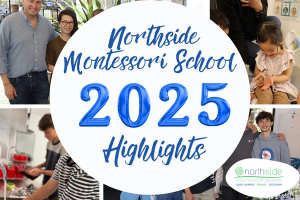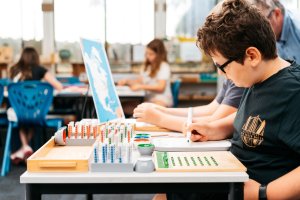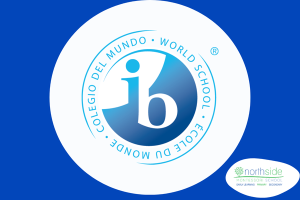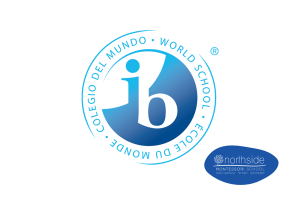As parents, we all want to give our little ones the best possible start in life, and that includes how they learn and grow in those early years. The toddler stage is such an important time for development. Children’s brains are like sponges, absorbing all kinds of information. That’s why the environment they’re in matters so much.
Montessori education, which has been around for over a century, embraces this idea. It creates a space where young children can follow their natural curiosity, explore at their own pace and build independence through hands-on, real-life experiences. It’s a thoughtful approach that supports the whole child’s mind, body and emotions during one of the most important stages of growth.
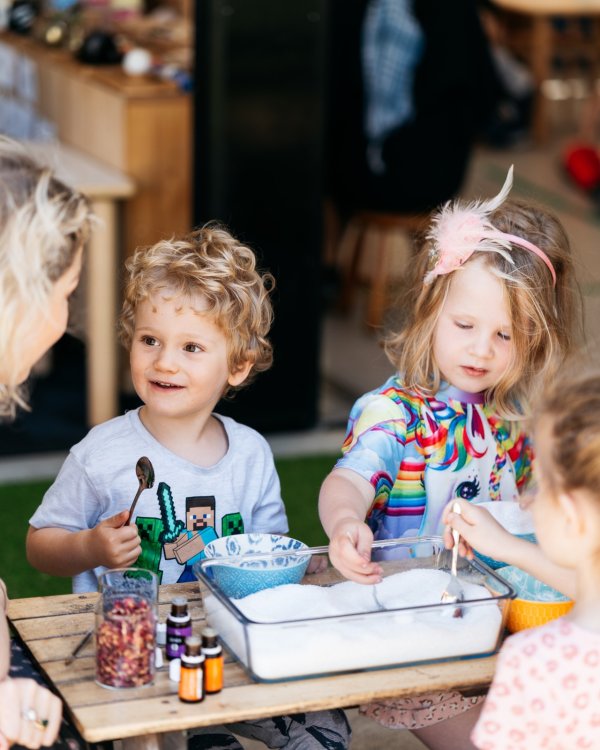

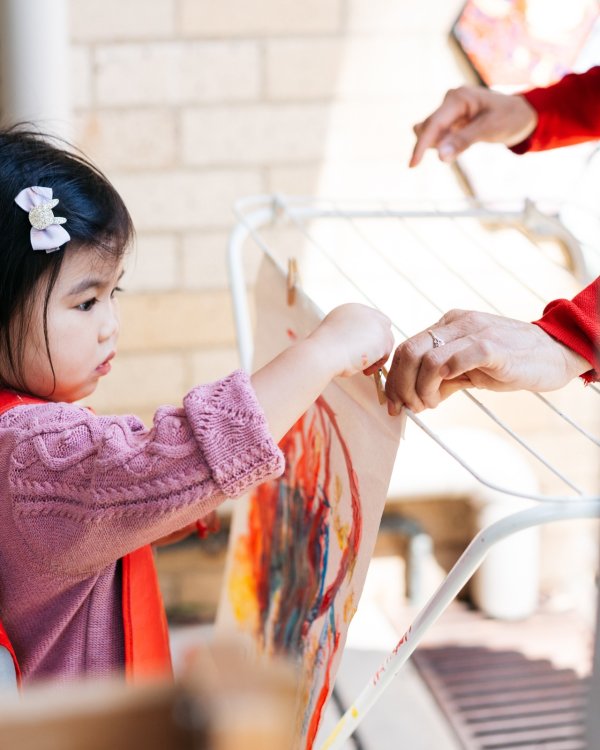
Montessori for toddlers – the start of your Montessori journey
Montessori for toddlers is all about meeting kids where they’re at. At this age, children are growing and changing quickly, so instead of a one-size-fits-all approach, the Montessori method follows each child’s interests and pace.
Teachers pay close attention to what captures a child’s curiosity, then introduce activities that help them to freely build key skills like language, focus, coordination and problem-solving.
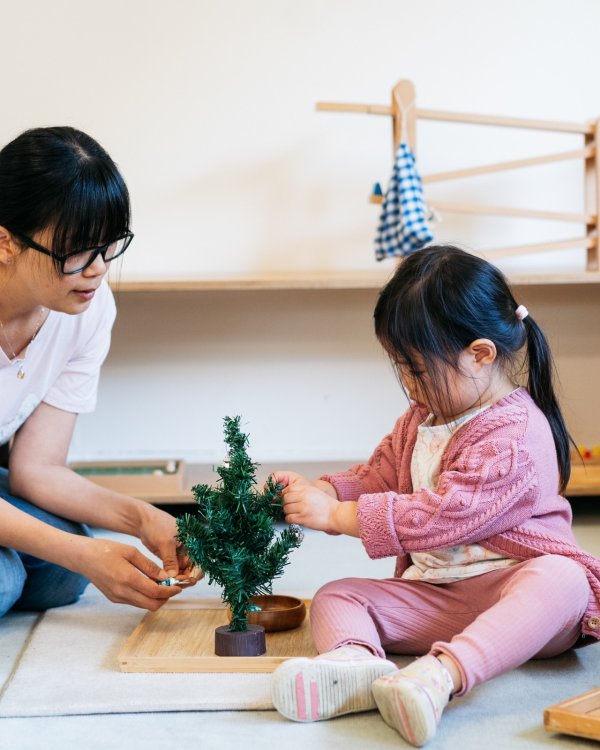
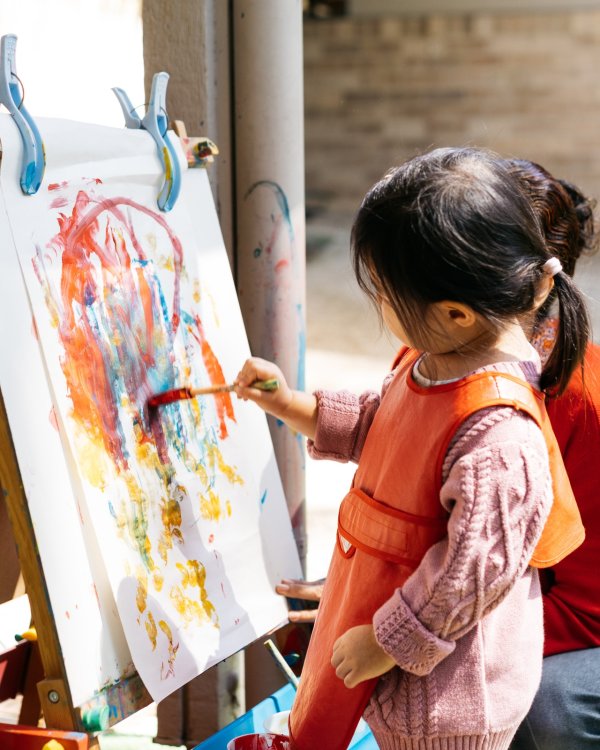

How does Montessori support cognitive development in toddlers?
Cognitive development is all about how a child learns to think, understand and make sense of the world around them. When kids explore, ask questions, try new things, or even just play, they’re helping their brains grow and build these important thinking skills.
Let’s put it into practise.
Critical thinking
Montessori classrooms are full of hands-on activities and age-appropriate materials that spark curiosity and get kids thinking. Whether it’s through sensory work, practical life tasks, or simple problem-solving activities, children learn to make connections and ask questions.
Problem-solving ability
Children are given time and space to think through problems and make decisions on their own. It’s not about rushing to the right answer – it’s about building the tools to get there. Over time, this boosts confidence and helps them become independent learners.
Concentration
Montessori activities are designed to grab a child’s attention and hold it. Whether they’re sorting colours or threading beads, hands-on tasks like these help kids focus deeply on one thing at a time.
Building social skills in children – the Montessori way
Social development is a big part of early learning and in a Montessori setting, it’s woven into everyday life. The way children interact, share and solve problems together helps them build the kind of social skills they’ll use for the rest of their lives.
Here are some ways Montessori supports social development.
Collaborative learning in mixed-age classrooms
Kids of different ages learn side by side in Montessori. Children often work together on activities and projects, which gives them a chance to share ideas, learn from each other and feel like part of a team. It helps them understand how to cooperate and communicate in a respectful way. The mix of ages gives younger children role models to look up to and lets older students take on mentoring roles.
Clear and confident communication
The ability to communicate effectively is such an important part of growing up. It helps children express how they feel, ask for what they need and connect with others. In a Montessori classroom, children are gently encouraged to speak up, share their thoughts and listen to what others have to say. Whether they’re chatting with a classmate or having a conversation with a teacher, they’re learning how to communicate clearly and build confidence.
Learning to handle big feelings
Figuring out how to manage and regulate emotions is a big part of growing up. As children play and spend time with others, they naturally run into moments where they must deal with things like frustration, taking turns or not getting their way. These everyday ups and downs help them start to understand their feelings, learn how to pause before reacting and find calmer ways to work through things.
Empathy and understanding
Empathy is an important social skill that enables children to understand the feelings of others and be sensitive to their needs. Through various activities, children learn to understand and appreciate the feelings and viewpoint of others.
Conflict resolution
Disagreements are a normal part of growing up, and in Montessori, they’re seen as learning opportunities. Children are gently guided to talk things through, listen to each other and come up with solutions together. These early lessons in peaceful problem-solving are a big part of social growth.
Montessori learning through play
Through play, little ones explore the world, test new ideas and figure out how to get along with others. It supports their thinking, social skills, emotions and physical growth.
Montessori classrooms are also set up to help children become more independent. By engaging in various activities like self-care routines, decision-making tasks and working on personal projects, children get the opportunity to build confidence and achieve things on their own.
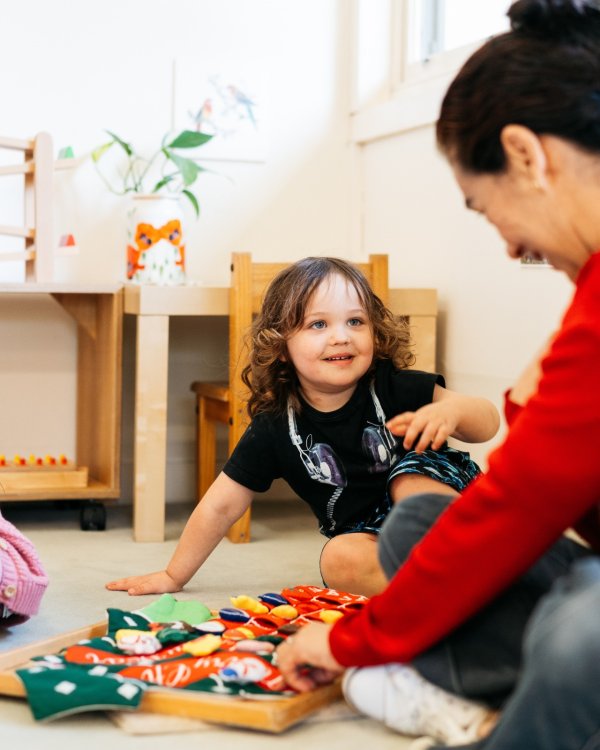
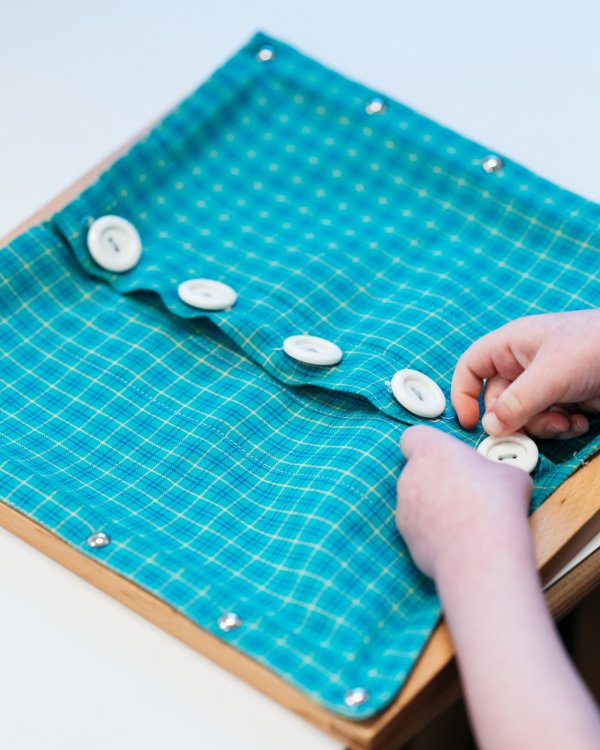
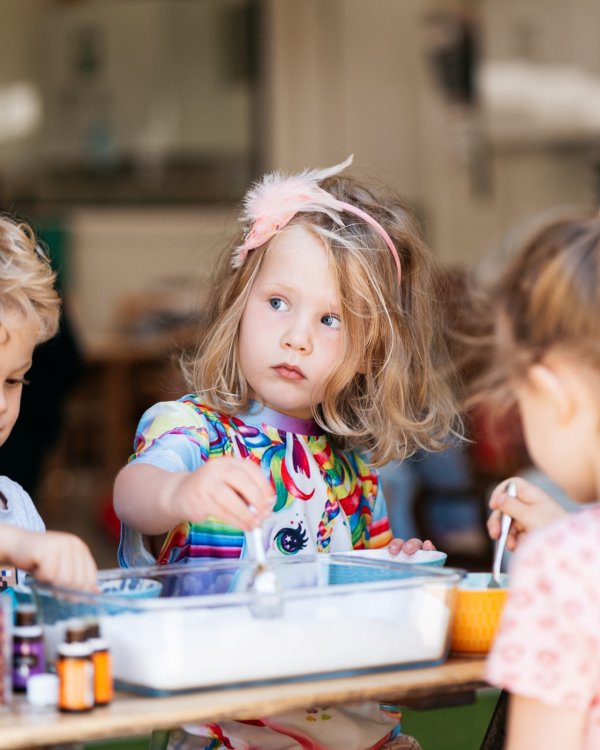
Cognitive development
When children play, their brains are busy at work. Whether they’re building with blocks, doing activities that require sorting or matching, or solving a puzzle, they’re developing critical thinking, boosting their memory and problem-solving skills and improving their attention spans.
Social development
Play is a natural way for children to build friendships and learn how to get along with others. In Montessori classrooms, group activities and imaginative role play help children practice cooperation, patience and empathy. They also learn how to resolve small conflicts and express themselves.
Emotional development
Through play, children start to understand and manage their emotions. For example, children are given the freedom to choose their tasks, but they are also taught to complete what they start. Montessori supports emotional growth by giving children a safe space to explore their feelings, work through challenges and build resilience in everyday ways.
Physical development
Montessori play also helps children develop strength, coordination and control over their bodies. Activities like climbing, balancing, dancing and even threading beads help them improve everything from big movements to fine motor skills like pencil grip. These are the kinds of skills that support both school learning and everyday independence.
Join us at Northside Montessori
Our Toddler Program gives little ones a chance to explore and learn with the support of a parent or carer by their side. You’ll both come in for a couple of hours, once or more a week. The space is thoughtfully set up just for toddlers, with everything designed to support their growing independence, freedom of movement and sense of self.
Schedule a tour today or learn more about our toddler program.

